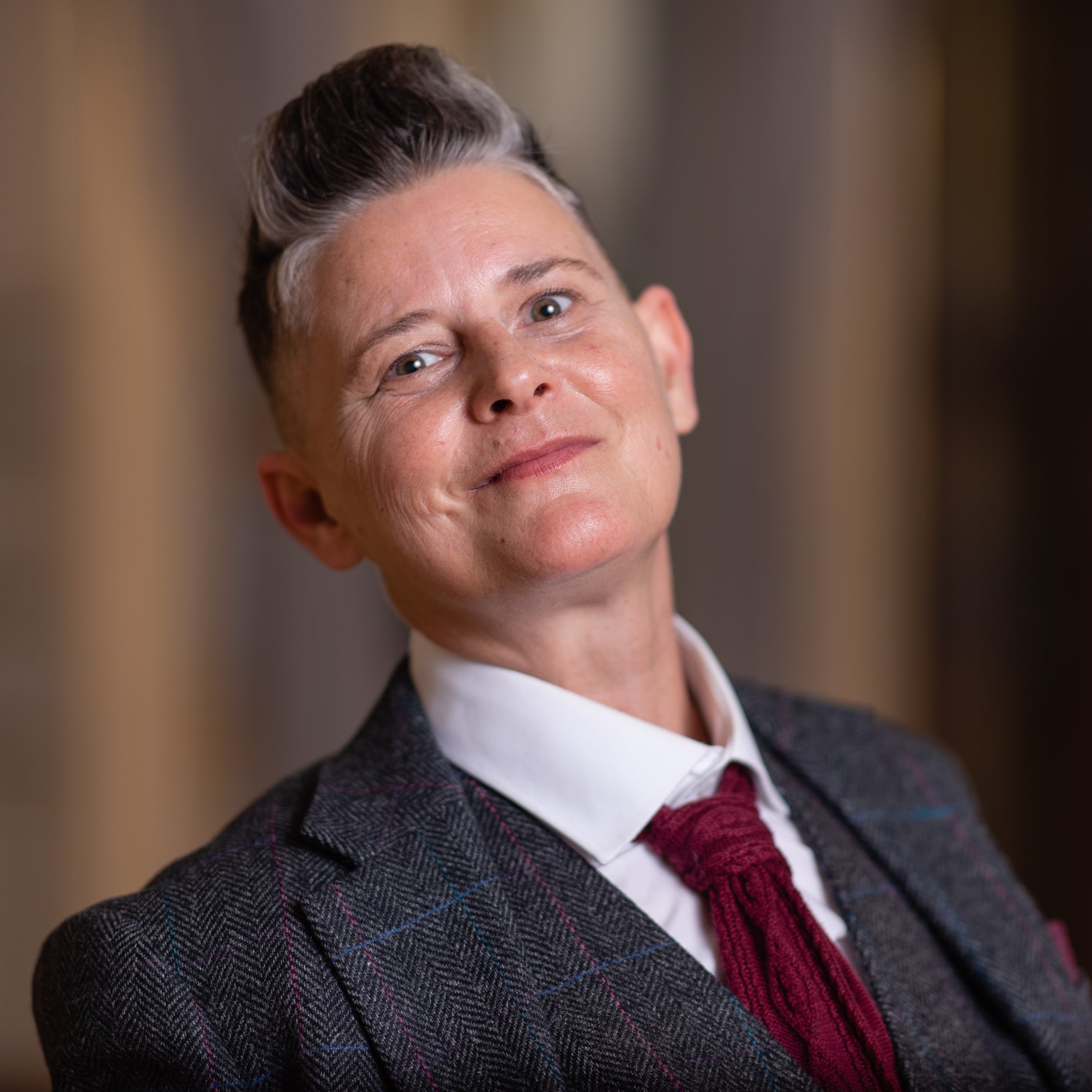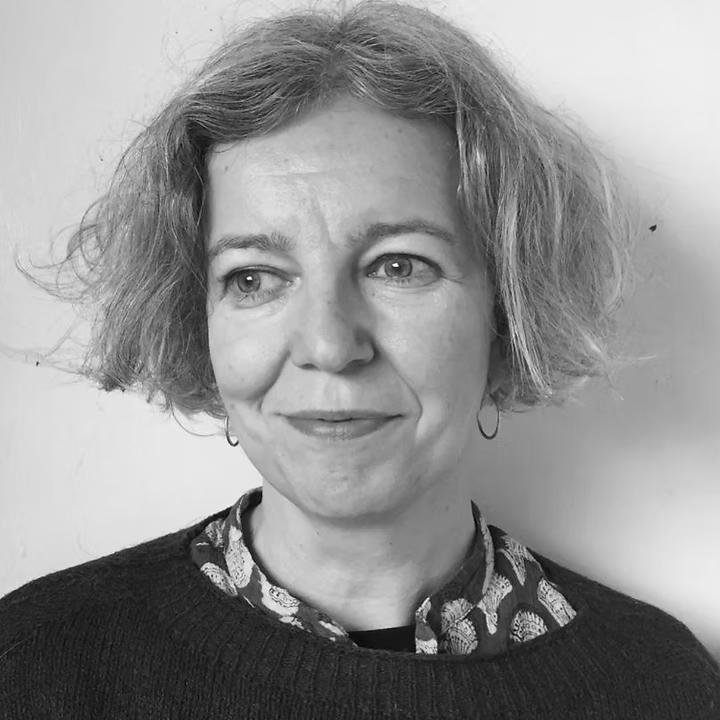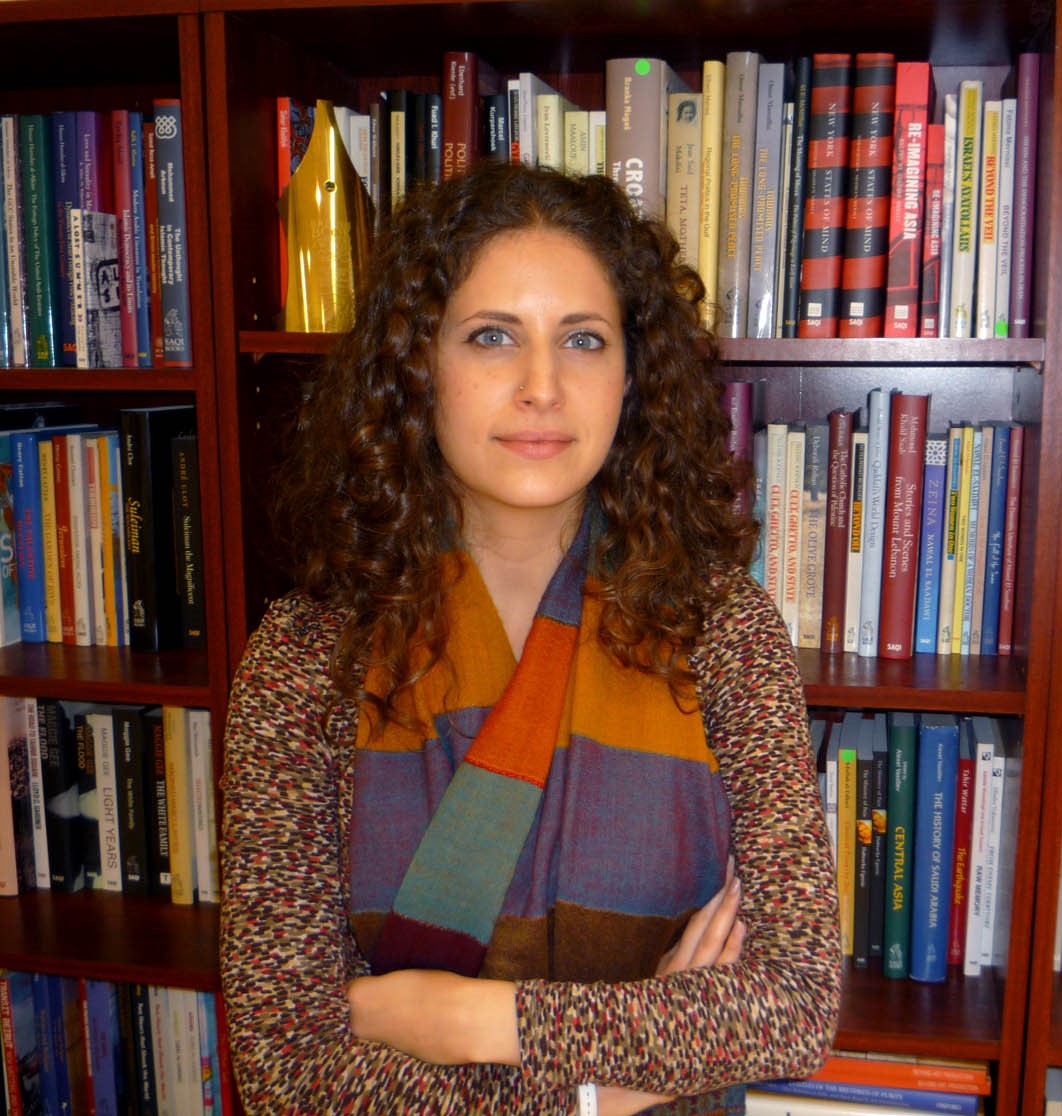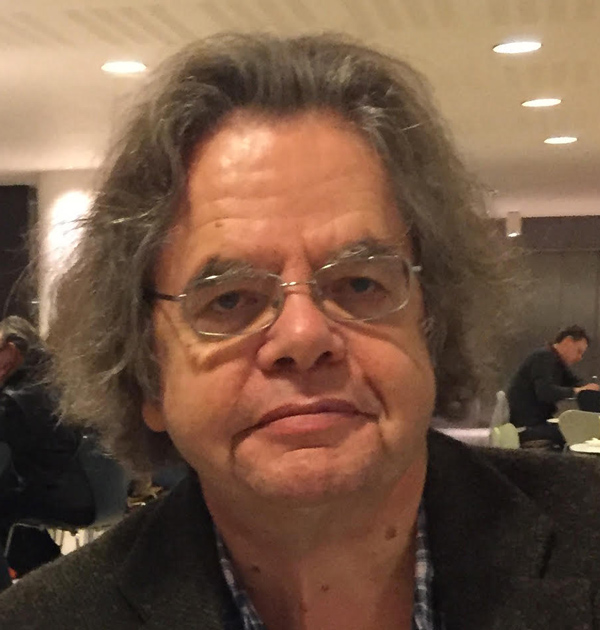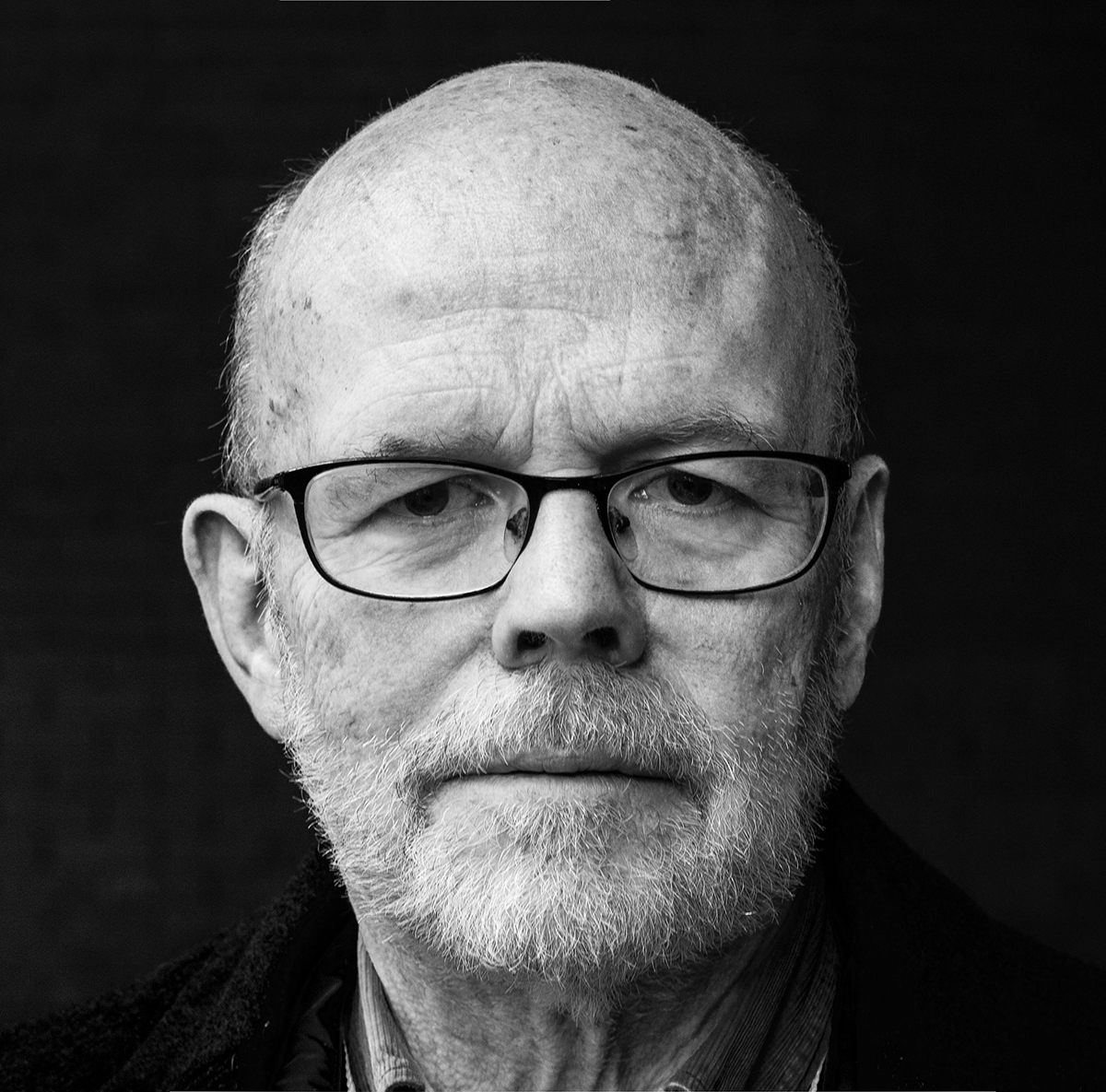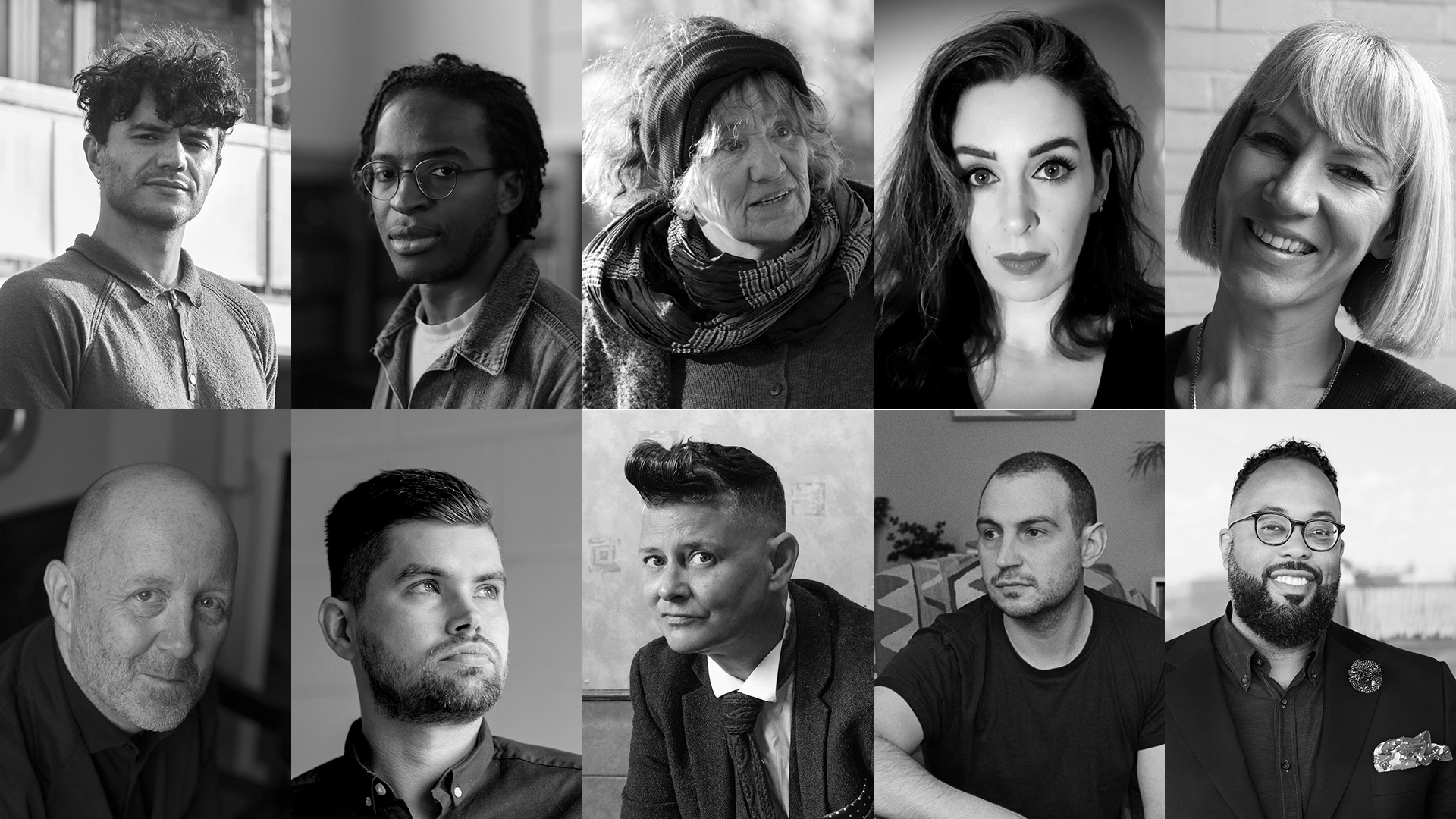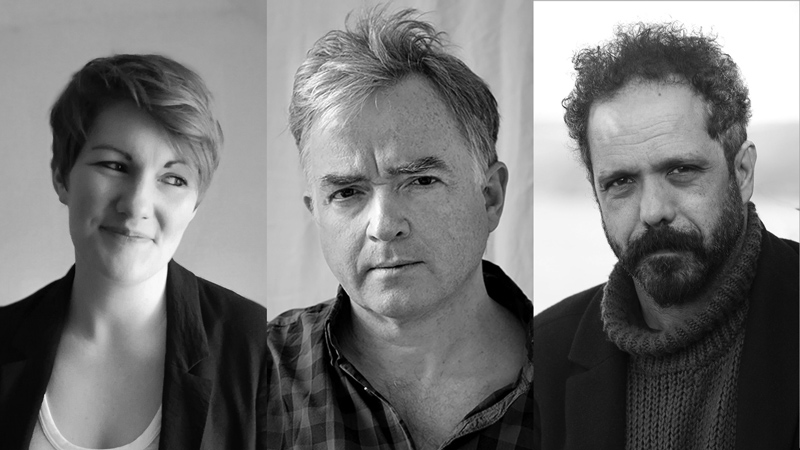T. S. Eliot Prize News
Lynn Gaspard of Saqi Books on ‘a poetic tour de force, earth-shattering in its impact and vital in its representation of a community increasingly losing space within the mainstream’ For over thirty years, Saqi Books has released seminal, cutting-edge works about the Middle East and North Africa, offering an independent...
Parisa Ebrahimi on a celebrated imprint, now run entirely by women Chatto & Windus has a long and illustrious history of publishing poetry. Founded in 1855, it is one of the UK’s oldest literary imprints, and the oldest continuous imprint at Penguin Random House. Poetry has formed the backbone of...
Judges Glyn Maxwell (Chair), Caroline Bird and Zaffar Kunial have chosen the T. S. Eliot Prize 2021 Shortlist from a record 177 poetry collections submitted by British and Irish publishers. The Shortlist consists of an eclectic mixture of established poets, none of whom has previously won the Prize, and...
The T. S. Eliot Foundation is delighted to announce the judges for the 2021 Prize. The panel will be chaired by Glyn Maxwell, alongside Caroline Bird and Zaffar Kunial. The 2021 judging panel will be looking for the best new poetry collection written in English and published in 2021. The...
